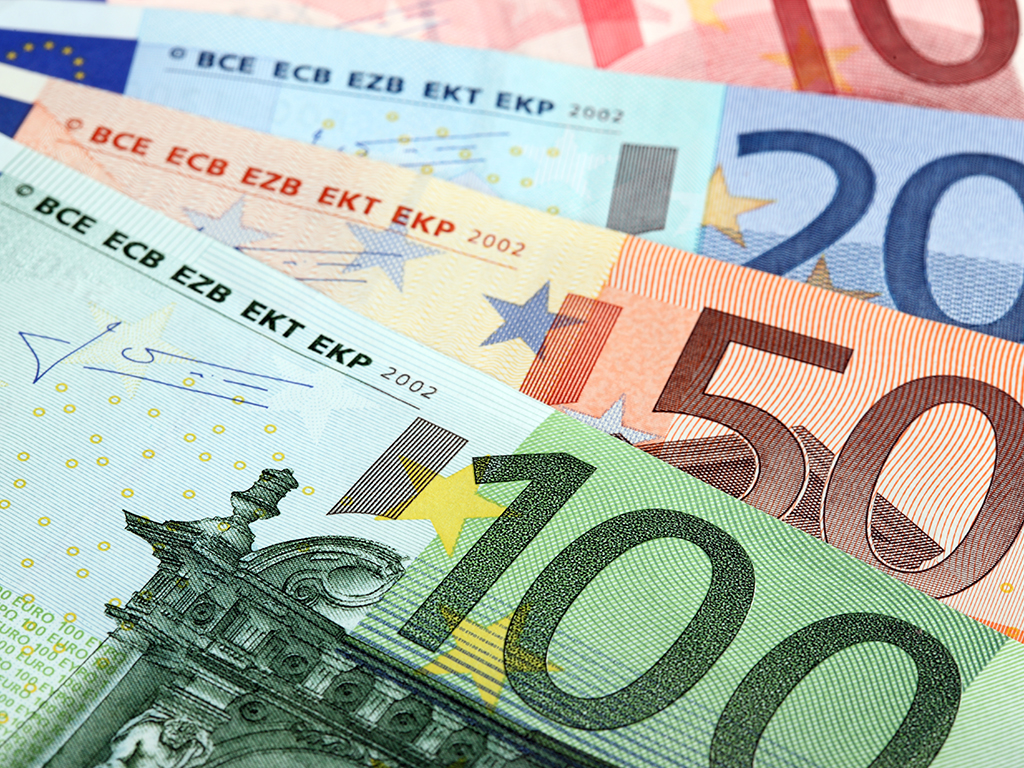Public companies among leading financiers of Serbian sport - Donations and sponsorships decrease tax on profit
 Wednesday, 02.09.2015.
Wednesday, 02.09.2015.
 15:40
15:40

One of the possible answers is definitely tax treatment of fees for donation and sponsorship in the sense of accepting costs based on that for calculation of profit tax.
When it comes to accepting costs based on donation, act 15. paragraph 1 of the Law on tax on profit of
legal entities defines that costs for health, scientific, humanitarian, environmental
protection, faith and sports purposes are accepted as expenditure totaling up
to 3,5% of total profit. The main reason for the limitation of expenditures
i.e. costs in tax balance consists of preventing tax payers to decrease taxable
profit through unreally high or unnecessary expenditures.

Donation is providing support as a gift, in money, subjects or services to another legal entity without conditioning to perform any kind of counter-service to a donor. For providing donation, it is not necessary to have a contract on donation in written but a donor must prove with adequate documentation costs which emerged and to submit supplementary documentation to responsible tax institution with a tax return.
Expenditures of fund provider for sponsorship are treated in the law as indirect promotion of business of a tax payer, i.e. propaganda costs.
Most financial experts think that costs of public companies
for sponsoring professional sport are not rational since these companies mainly already have monopoly in
their fields and they do not need additional advertising to increase sale or
market share. Therefore experts mainly think that donations to sports clubs should
go from budget of the state or local self-governance and users of state-owned
incentives should be non-profit sports such as athletics, chess, water polo,
etc. and representations.
Due to difficult financial situation in sport, various misdealing are present since sports clubs mainly rely on some public companies. Supervisory boards of these companies and in management of sports clubs comprise people who came through political parties to these positions and extra institutional channels are often intertwined with institutional. Possible solution is departization of management in public companies and sports clubs as well.
BIRN’ s research showed that the biggest state-owned companies in Serbia, some of them operating for years with loss, in the period 2011 to mid- 2014 spent RSD 1,3 billion on donations and sponsorships and sports clubs and associations have priority.
Among the main financiers of sports clubs in Serbia companies such as Telekoma Srbija, Elektroprivreda Srbije, Aerodrom Nikola Tesla, Srpska banka and Galenika stand out. Data show that EPS set aside half of total donations and sponsorships i.e. nearly RSD 200 m in the period 200-2014 for funding different sports clubs and associations. The Nikola Tesla airport paid RSD 110 m to clubs and associations and Srpska banka RSD 56 m.
Marko Andrejic
 BIRN Srbija
BIRN Srbija
 Poreska uprava Srbije
Poreska uprava Srbije
 Telekom Srbija a.d. Beograd
Telekom Srbija a.d. Beograd
 Elektroprivreda Srbije ad Beograd
Elektroprivreda Srbije ad Beograd
 Srpska banka a.d. Beograd
Srpska banka a.d. Beograd
 Galenika a.d. Beograd
Galenika a.d. Beograd
 A.D. Aerodrom Nikola Tesla Beograd
A.D. Aerodrom Nikola Tesla Beograd
 FK Partizan Beograd
FK Partizan Beograd


 Izdanje Srbija
Izdanje Srbija Serbische Ausgabe
Serbische Ausgabe Izdanje BiH
Izdanje BiH Izdanje Crna Gora
Izdanje Crna Gora


 News
News






